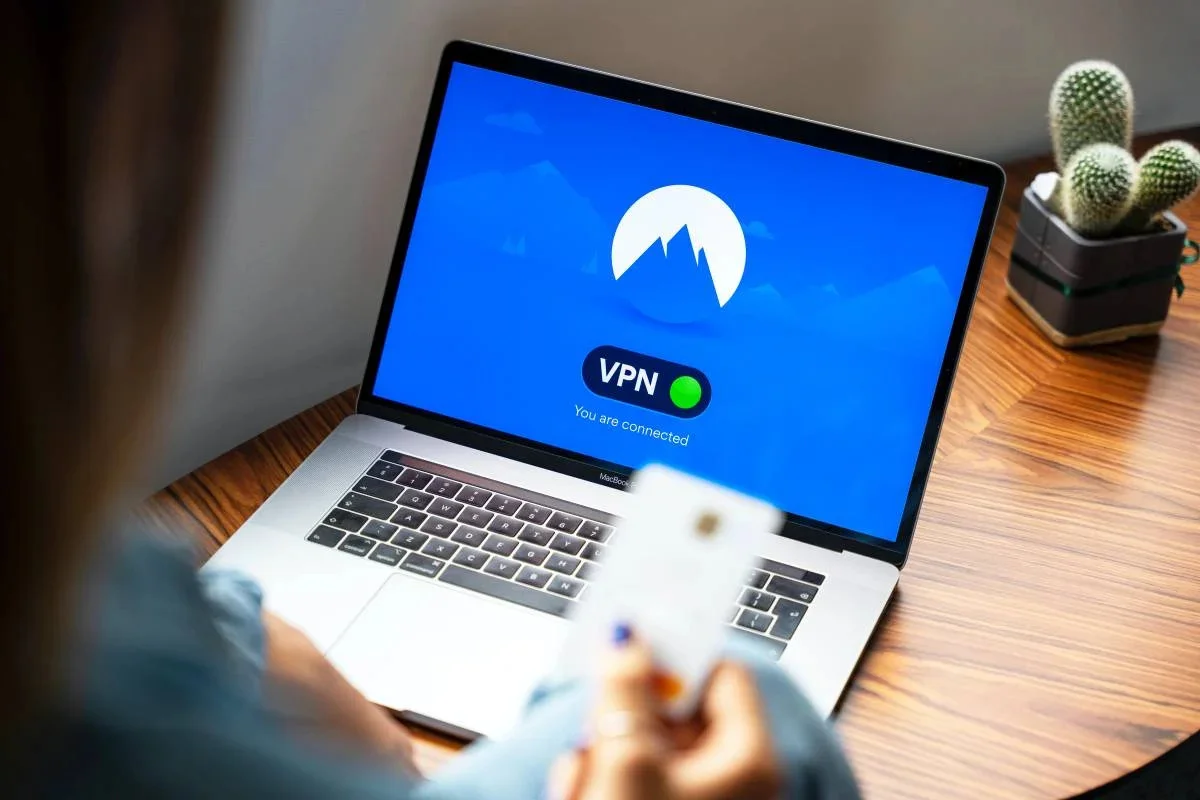
All data leaving your device is encrypted with a VPN, which decrypts it once it reaches its destination. Every day, more and more individuals all over the world are using the top VPN services to have a secure internet experience. Connection speeds will always be important for all users, regardless of whether they want to get around internet restrictions, increase their online privacy, unblock foreign streaming sites, or do a combination of all of these things.
Every time a VPN is activated, a server that hosts it receives all of the data. This adds a step that could have a detrimental effect on the performance of your internet connection. However, don't worry too much because the speed drop is frequently not noticeable in this area. Even though you won't likely notice a significant difference when using the fastest VPN services available, the encryption process will unavoidably slow down your internet connection, even if it's only by a few Mbps. Here we will look at the factors that might slow down your VPN speeds.
The Causes of Your VPN’s Speed Decline
VPN Server Location
Your connection speed deteriorating is frequently caused by the distance between you and the server of your choice. The connection will undoubtedly be quicker if the distance physically between the two is minimised because all traffic from your device must pass via the VPN server.
VPN Server Load
There may likely be other users connected to the same network while you are unless you purchase a dedicated IP address that is only available to you (some providers, like NordVPN and CyberGhost, charge extra for this option). A connection drop could happen if this becomes overwhelming. Free VPN services are more likely to experience this problem.
Protocol
We've already mentioned that the main reason a VPN may slow down your internet connection is encryption. The security protocol describing the kind of encryption used as a result is a key defining feature in this case. Older protocols like OpenVPN are significantly slower than contemporary protocols like WireGuard and Lightway.















